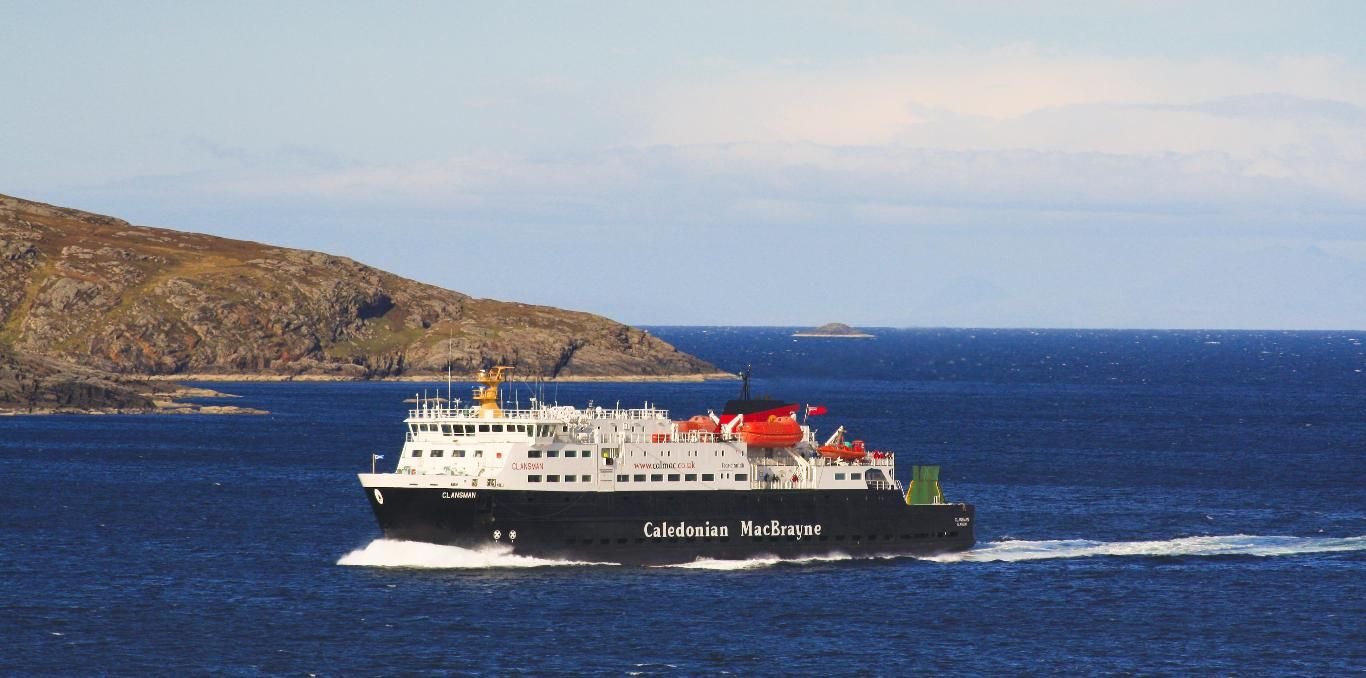A lifeline service during a time of crisis
It’s now over a year and a half since Scotland went into its first full lockdown to reduce the spread of the Covid 19 pandemic. Throughout this period our client Caledonian MacBrayne (CalMac) has continued to provide an essential lifeline ferry service to residents of islands on the west of Scotland.
During the first lockdown which began in March 2020, CalMac reduced its timetable to an essential lifeline service for use by only those who really needed to travel such as NHS workers and those responsible for the delivery of essentials such as food. Their timetable reduced to less than 30% of its normal capacity and at the height of the lockdown passenger numbers dropped to less than 5% of normal volumes.
During this period CalMac also introduced many other changes to ensure that the vulnerable island communities they served were protected from infection. This included a move from cash to card only payments, a limited food offering and a requirement for passengers to wear face coverings in all inside areas. Also, to ensure that physical distancing requirements could be met, some passenger areas were reconfigured, capacity was less than in ‘normal times’ and a change of rules was made on some routes to allow passengers to remain in their vehicles during the crossing.
While there was a degree of easing for some time during summer 2020, restrictions were reintroduced in full in late 2020 when Scotland entering a second full lockdown. This second lockdown remained in place until April 2021 when the ‘stay at home’ rule was firstly changed to ‘stay local’ and by the end of the month non-essential travel beyond home local authority areas was allowed again.
While at this point CalMac were able to resume their summer timetable, ongoing physical distancing requirements until early August meant that capacity levels remained below normal, and passengers were asked to continue to book travel in advance and build in extra time when arriving at ‘turn up and go’ routes.
While some uncertainty continues, easing has since continued with most remaining major restrictions lifted in August when the country moved to ‘beyond level 0’. However, on writing some guidance impacting travel remains in place, most notably advice to work from home whenever possible and a requirement to wear face coverings on public transport.
Getting back to normal?
While the first lockdown seemed a temporary change for all of us, the second lockdown, and the likelihood that some restrictions are likely to be retained for a long time to come, is leading to many businesses re-examining their operations in the knowledge that behavioural change among consumers may be long lasting as our working and home lives continue to readjust.
CalMac is no different so they are looking to gain a clear understanding of the requirements of their customers. While various surveys and external sources such as our Scottish Tourism Index have provided them with an understanding of the needs of tourists and how these may impact upon the leisure side of the business, CalMac identified the need to better understand the views and changing requirements of commuters and islanders as we emerged from the pandemic.
A survey of non-leisure passengers to inform future strategy
Given this context we were delighted to be commissioned in spring 2021 to support CalMac in the collection and analysis of insights which would help provide them with this understanding of their non-leisure market.
The survey is very much a partnership, we have provided input on the initial questionnaire design, CalMac administer the online survey (promoting it via channels seen by regular customers such as social media) and we then undertake the data analysis and reporting of findings.
To date three waves of surveying have been undertaken to track changing passenger behaviours and aspirations as the restrictions were eased over the summer of 2021.
Across the 3 waves of surveying conducted so far, over 1,100 passengers have provided their input, including details on their usage of CalMac before the pandemic, currently and expectations for the future and their feedback on changes required to improve services now and in future. This feedback ranges from comments relating to the ongoing Covid 19 related protections to more ‘business as usual’ feedback on matters such as timetabling and ticketing.
Results are reported to CalMac quickly after the fieldwork completes allowing them to stay in touch with passenger needs around current topics such as capacity, reliability and the on board catering offer, as well as longer term subjects such as changes in commuting, leisure or shopping behaviours.
If you would like to find out more about the surveys we do in the transport sector or relating to the impacts of the Covid-19 pandemic please get in touch.






